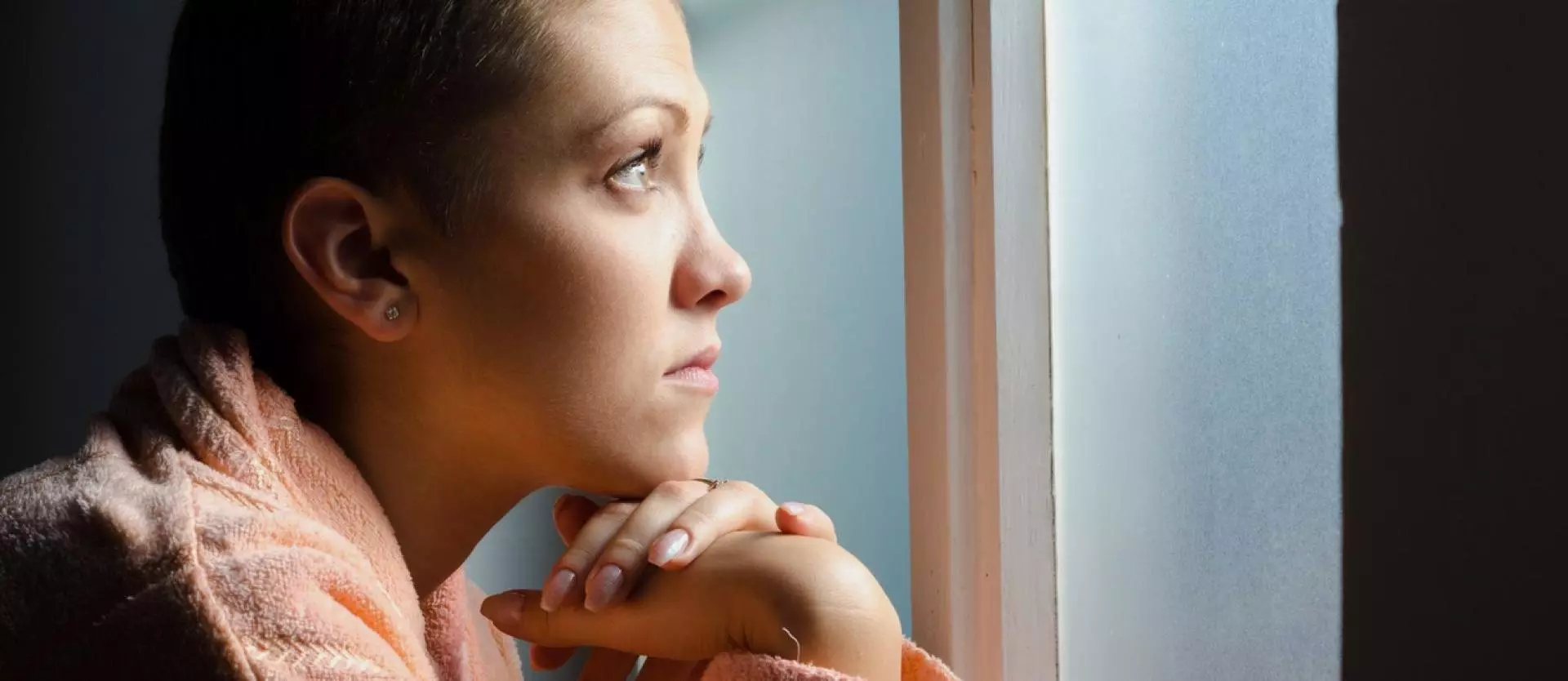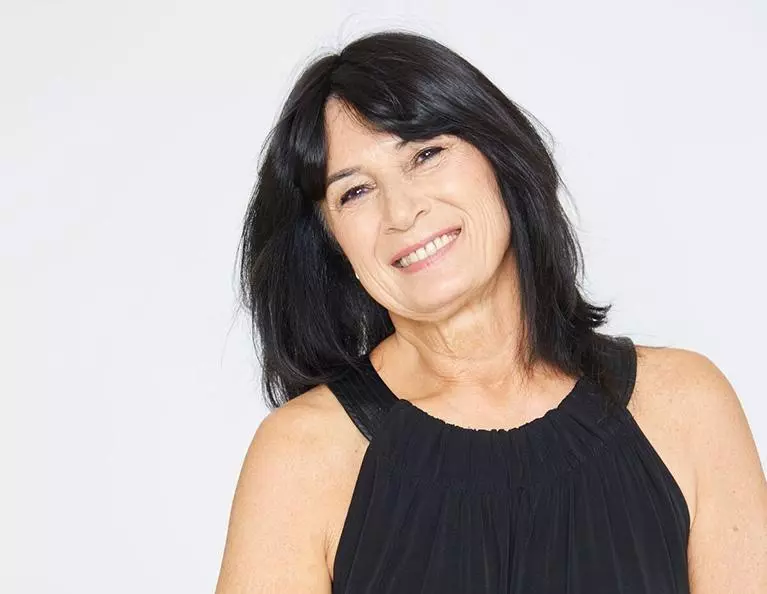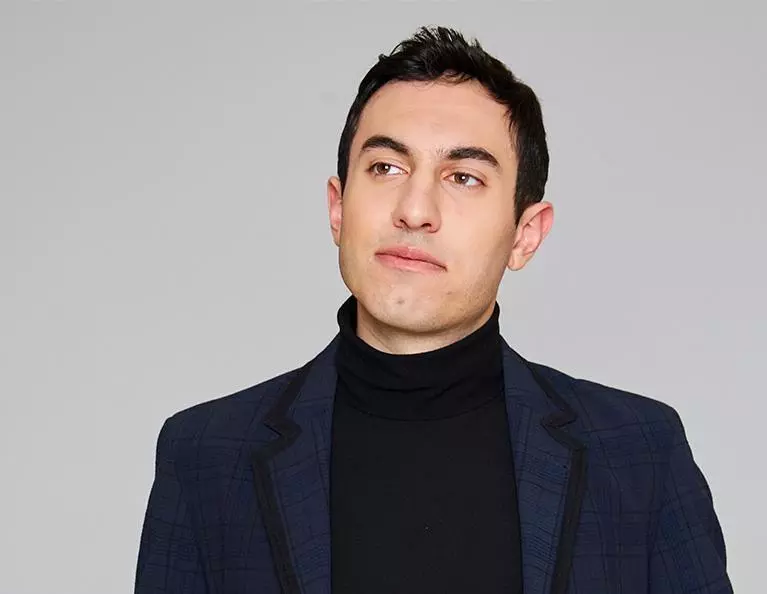For women struggling with breast cancer, one thing is for sure, this is the fight of your life. You simply need to ensure you do everything you can to overcome it. Yet, for the many women who face this disease, some of the worst side effects from treatment can leave them struggling as well. If you have had cancer and have been given a drug called Taxotere, also known as docetaxel, you may be experiencing hair loss. For some women, this type of hair loss will not go away. What do you need to know about it? What should you do about it?
Understanding Hair Loss in Cancer Patients
Cancer itself does not cause hair loss in women or men. However, to fight cancer, doctors must use powerful medications. These medications go to work to eliminate all of the dividing cells in the body – or in a particular area. They kill off healthy cells in the process of destroying the bad cells. These drugs, called chemotherapy drugs, are quite powerful. It is commonly expected that many of them will cause hair loss. That is due to the drugs killing healthy cells in the hair follicles in an effort to destroy the cancer cells.
One of the more common drugs used for this is Taxotere. The drug is often associated with hair loss. However, most people experience just temporary hair loss. Once the chemotherapy stops, the body works to restore the natural hair growth cycle. This allows hair to come back. For many women, this process, which can take several months, will lead to improvements in hair growth. As the cancer is treated and the chemotherapy stopped, hair growth restores.
Why Some People Do Not See Hair Growth
Recently, it has become more well known that Taxotere can cause permanent hair loss in some women who are taking it for breast cancer. Researchers have found that permanent hair loss or alopecia, is occurring at a higher rate than was original believed. What is worrisome is this is rarely disclosed to women who are making the decision of how to fight their cancer. They are not told this is a permanent risk they may endure. This type of misleading information has many women shocked and struggling to cope even after they have battled cancer. What should they do? What can they do?
Sanofi-Aventis, the manufacturer of the drug, says the about three percent of patients may experience long term alopecia as a result of taking this drug. However, other studies indicate it is much more common and that permanent baldness is a risk factor all women may be at risk for if they are given this drug. A key concern is how this drug is given. Some combinations of the drug may make it more likely for this permanent hair loss to occur. For example, when drugs such as Adriamycin and Cyclophosphamide are used in combination with Taxotere, there is a much higher risk of permanent hair loss occurring.
What is perhaps most worrisome here is the emotional impact that this type of permanent hair loss can cause for women experiencing such traumatic events. Some studies regarding the use of this drug indicate that, because of the higher risk more women should be informed about it in advance of taking it so they can make better decisions for themselves. Or, they are able to mentally prepare for this risk.
Some women who are facing early stage breast cancer may not realize other drugs are available that may help them to beat cancer and do not have these types of side effects. It is not ideal to say Taxotere is never a good choice – for some women it may be their best option for overcoming breast cancer and should be used. For others, options may exist that offer a reduced risk of having this side effect. At the very least, women who are at risk of experiencing this type of hair loss should be informed about the risk so they can make the best decision for their particular needs. For women battling breast cancer, it is also important to know there are professionals who can help them to overcome the emotional turmoil that hair loss – permanent or not – can cause.
If you are a woman that experienced permanent hair loss due to Taxotere, the team at Unique Hair Concepts can help. The center offers non-surgical hair replacement services in a private setting to help you look and feel like yourself again. Call Unique Hair Concepts for a free, private consultation to learn more about your options.






